“The accreditation covers various important standards, from environmental to social sustainability. At our farm, we are continually working on being the best that we can be. Not just for ourselves, but for our environment and community as well,” says Craig Oulton, General Manager Floriculture at Kisima Farm. Oulton explains all the hard work that has gone into achieving this high standard, from water management to implementing gender equality committees, and how all of this leads to higher quality flowers. 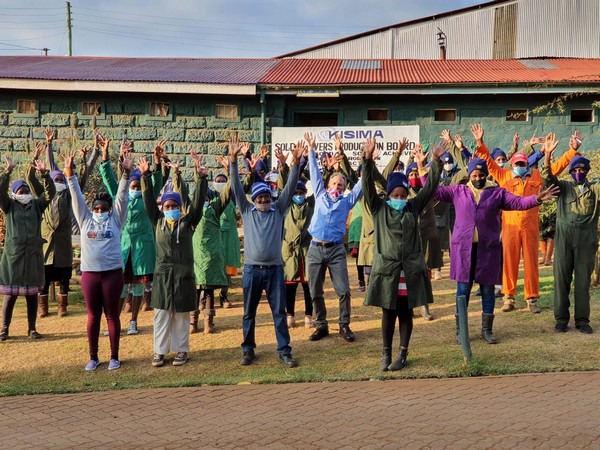
The Kisima Farm employees celebrating their achievement
What does it take to achieve gold?
Oulton explains that gold is the highest accreditation that the Kenya Flower Council can give. “It is an internationally recognized accreditation that covers various standards. It is particularly focused on sustainability, both concerning the environment and the social aspect. Therefore, everything at the farm is looked at, such as the types of chemicals that are used, as well as how you treat your staff and serve your community. At Kisima, we are continually bettering ourselves to be the best farm that we can be, and everything we do has a sustainable factor.”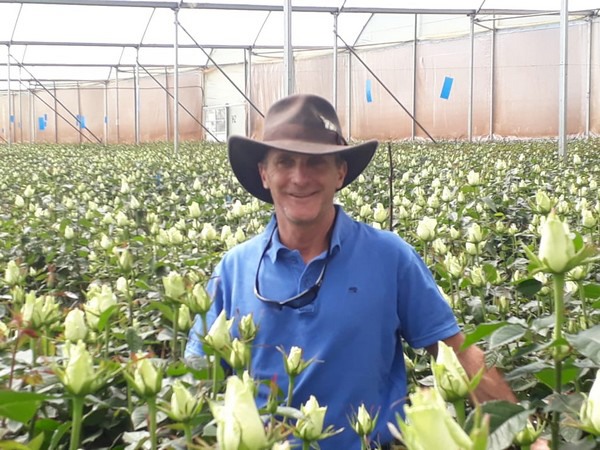
Craig Oulton
Water recycling and planting half a million trees
Oulton shares that there are many aspects that go into improving Kisima Farm’s environmental sustainability. “First of all, we do not use any chemicals that are harmful to the environment, we recycle our materials, and try to use what nature gives us. For example, we use insects to get rid of other invasive insects. And to catch the remaining insects we always use traps rather than harmful sprays. In addition, we are very proud of our water management, as we are one of the few farms in the area not to use any borehole water for our plants.” Instead, Kisima harvests rainwater into specially lined reservoirs, and any wastewater from their pack house and canteen is put through a natural wetland process to purify the water and be re-used. They have also planted over half a million trees on the farm, 65% of which are indigenous, in order to offset their carbon footprint.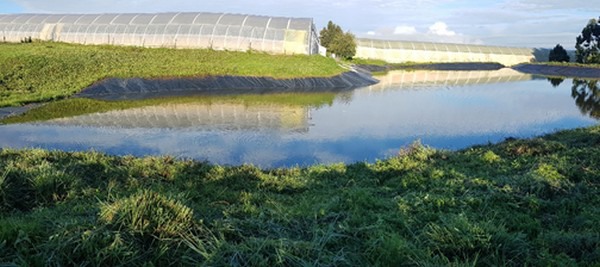
Gender equality and education
Kisima Floriculture employs over 400 people, including people with disabilities and is committed to promoting gender equality in the workplace. “Our staff is an important focus for us, as we want everyone to feel included and to be treated well. Therefore, we have gender equality committees and health and safety committees, so that everyone has a voice.” In addition, Kisima has its own Foundation, with which they support the community development in Buuri Sub-County. The Foundation supports seven primary schools and two secondary schools, and well as the Gundua Health Centre and Maternity Unit in Ex-Lewa. “We also have an agricultural demonstrations site on our farm, to improve local agricultural education.”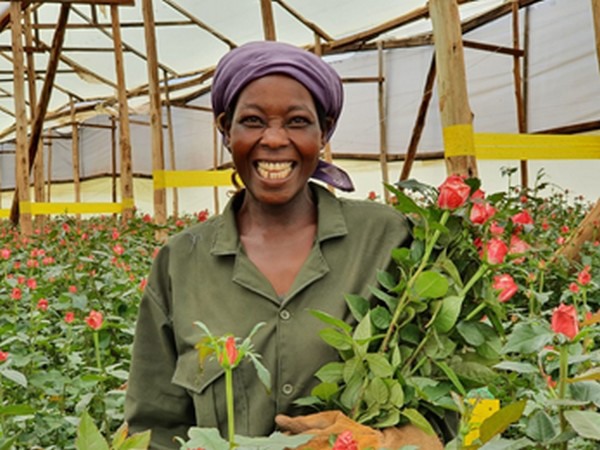
New varieties on the way
In additional to all of their sustainability work, Kisima Farm is expanding their flower assortment. “We are currently growing new varieties, and we are not just expanding our rose assortment, which is our predominant crop. We are excited to also be trialing high end summer flowers, which are hoping to introduce to the market within the next two years. Kisima Farm is located at an altitude of 2,400 meters, at the foot of Mount Kenya. Because of our location, we have the ideal weather environment for producing high quality summer flowers.”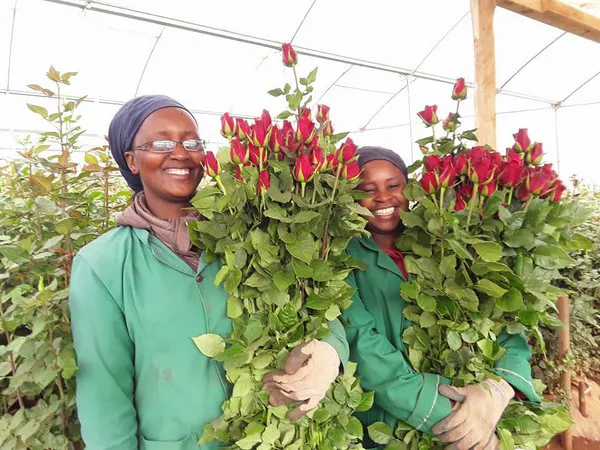
Improving practices, improving flower quality
“We are very proud of achieving the gold accreditation, as we are great believers in the practices of our farm. When you set everything at the farm up to be the best that it can be, the quality of the flowers will also enhance. And when everyone coming to work at the farm also feels secure and knows what they are doing, all of the pieces of the puzzle come together, and high quality flowers are the result.”
For more information:
Kisima Farm
Craig Oulton
[email protected]
www.kisima.co.ke










